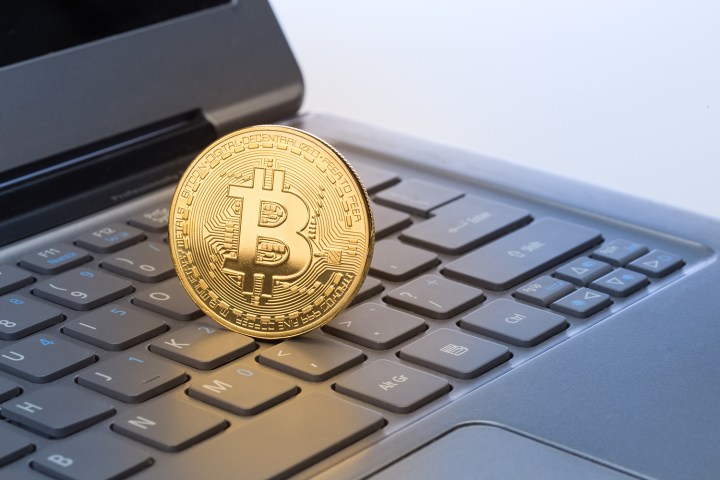
“Raising funds through ICOs seem to be on the rise globally, and our assessment is that ICOs are increasing in South Korea as well,” south Korea’s FSC vice chairman Kim Yong-beom said said in a statement following a meeting with South Korea’s finance ministry, the Bank of Korea, and the National Tax Service. Should individuals or financial institutions choose to ignore this warning, the regulator threatened “stern penalties” as a result. There’s no word yet as to the nature of these penalties.
The chairman added, “There is a situation where money has been flooded into an unproductive and speculative direction.”
China’s decision to ban ICOs at the beginning of September resulted in a crash in cryptocurrencies‘ values (though Bitcoin and Ethereum both seem to have largely recovered). That said, now that yet another country is showing wariness towards the virtual currency, yet another crash might be on the horizon.
So why are countries looking to ban these offerings in the first place? In essence, it seems like a rather easy way to cheat investors out of money. Rather than giving investors shares, ICOs reward backers with some form of digital token. But as Time notes, “There are huge risks here, as many of the startups launching ICOs are getting regular people to buy into thin or implausible business plans—or, worse, outright scamming them with pump-and-dump schemes.”
In the U.S., regulators are also looking into stricter guidelines, as the U.S. Securities and Exchange Commission (SEC) has pledged further scrutiny (but no ban as of yet).
Cryptocurrencies have had a tumultuous history despite their relatively short time on the market. The price of Bitcoin recently peaked at over $5,000, but with continuing pressure from regulatory bodies across the world, it’s unclear how long this hey day will last.


